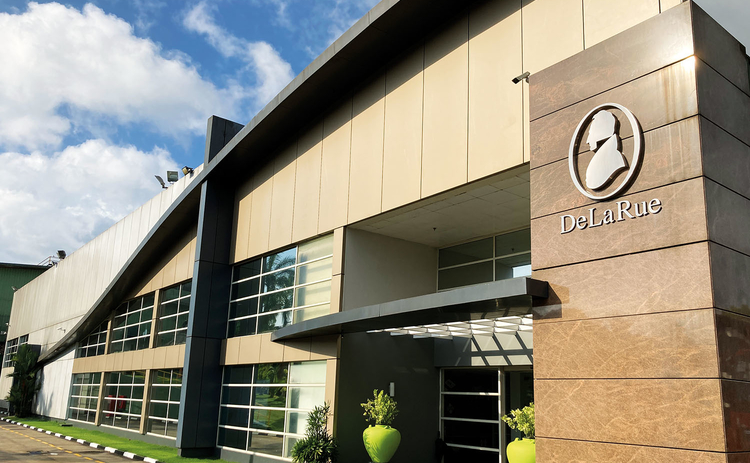Following the suspension of operations in Kenya due to poor business, banknote printer
De La Rue is laying off over 300 staff members as the international company gears up
for a new legal battle to reverse the Sh1.1 billion ruling in the taxman’s favor.
The final group of employees will be let go by March by the international company that
manufactures Kenyan currency through a local joint venture that is 40% owned by the
Kenyan government.
Due to low market demand, the company stated that it does not anticipate receiving any
banknote printing orders from the Central Bank of Kenya (CBK) for at least the
upcoming 12 months.
While Kenya has had difficulty retaining and luring multinational manufacturers,
technology companies and financial service providers looking for a base for a larger
piece of the African market have recently found it irresistible.
Global IT giants like Microsoft, Alphabet Inc., and Facebook have been boosting their
investment in Kenya in recent years to take advantage of the country’s expanding
economies and young population’s increasing Internet connection rates.
However, businesspeople, particularly multinationals, are always looking for cheap
production sites, much like they do with tax havens. As a result of this trend, Kenya has
lost companies like Schneider Electric, Colgate Palmolive, and Reckitt Benckiser.
The Business Daily was informed by many former employees of De La Rue Kenya that
the banknote printer has been cutting positions since mid-last year.
The workers said that in July, 60 of their contract-based coworkers were let go. In
September, 72 additional workers on long-term contracts were let go.
Government is not currently printing any new currency. We who were dealing with
notes departed. According to a worker who asked to remain anonymous, the most recent
order of currency that De La Rue received was good through September 2022.
Late in 2018, Kenya decided to stop printing people’s faces on its currency, and De La
Rue was awarded an £85 million (Sh13 billion) contract to design and produce the new
generation of notes.
According to the sources, the company will let go of another group of employees before
the end of January.
By the end of March, the final set of employees will depart, primarily from the
authentication section and management.
“Around 15 will still be around at the end of this month. We were informed that the
government no longer requires currency. Because of mobile banking, the necessity for
security documents has decreased, which is another way that technology is changing us.
The company’s authentication section offers a variety of tangible and digital products,
including bank cards, checks, and tax stamps.
The impact of slow business was shown by De La Rue’s results for the six months ended
September 2022, which revealed that Kenyan unit profits fell by 58 percent from £1.2
million (Sh184.5 million) to £0.5 million (Sh76.9 million) on lower revenue.
Additionally, the profit for the entire fiscal year ended in March 2022 fell from £3.1
million (Sh476.6 million) to £2.2 million (Sh338.3 million).
For the 40% interest it bought at £5 million (Sh768.7 million) in 2019, the Treasury
received £0.9 million (Sh138.4 million) from De La Rue’s full-year profit.
The cost of producing money, which includes ordering, printing, minting, freight,
insurance, and handling fees, reached Sh2.39 billion in the fiscal year that ended in
June 2022 compared to Sh2.09 billion the year before, according to CBK reports.
Just a week after De La Rue was ordered to pay the Kenya Revenue Authority (KRA)
Sh1.1 billion in respect to earnings received between 2013 and 2017, the company’s
operations were frozen.
In an effort to protect its profits, the company claims it would ask the Court of Appeal to
reject the KRA claim.
De La Rue expressed disappointment with the decision and stated that its Kenyan
affiliate was drafting an appeal for the Court of Appeal.
De La Rue will only have three banknote locations left with the freezing of Kenyan
operations, down from four at the start of the year and five in 2020. This highlights the
falling need for banknotes around the world as digital transactions take off.
De La Rue has operated in Kenya for more than 25 years, from which it also services
Tanzania, Uganda, Zambia, and Rwanda, among other areas.
In the hopes of restarting operations, the UK-based company would aim to seek
alternative commercial options within the nation and the region while keeping the
Kenyan branch operational.
According to De La Rue, “the company continues to investigate other commercial
opportunities, both in Kenya and for export from Kenya, with a view to restarting
manufacturing if the economic environment permits.”



